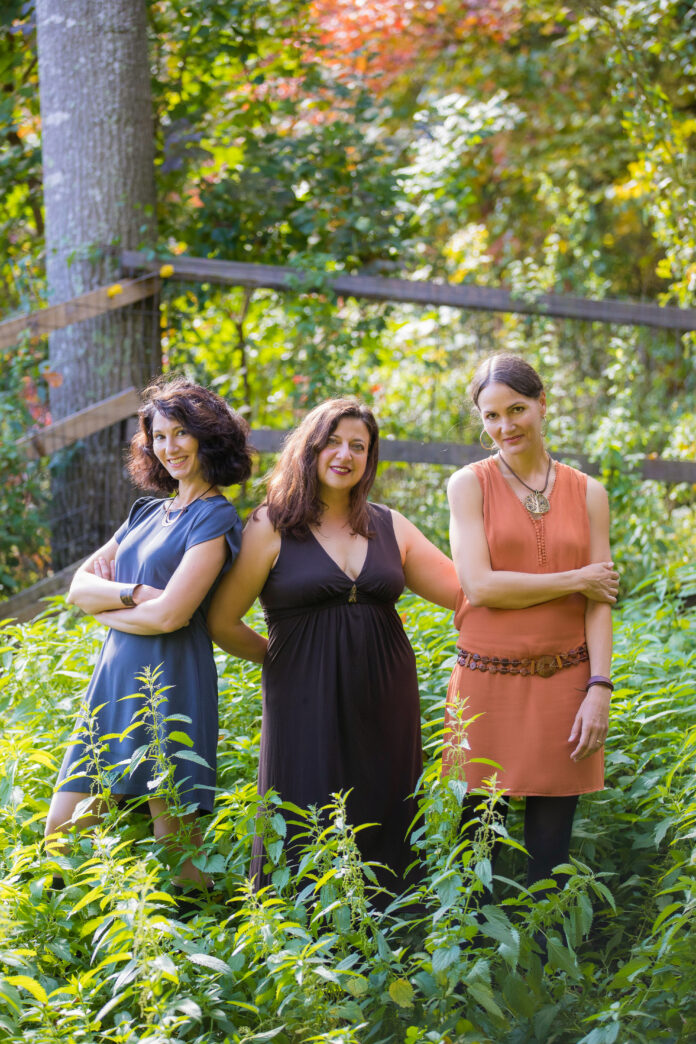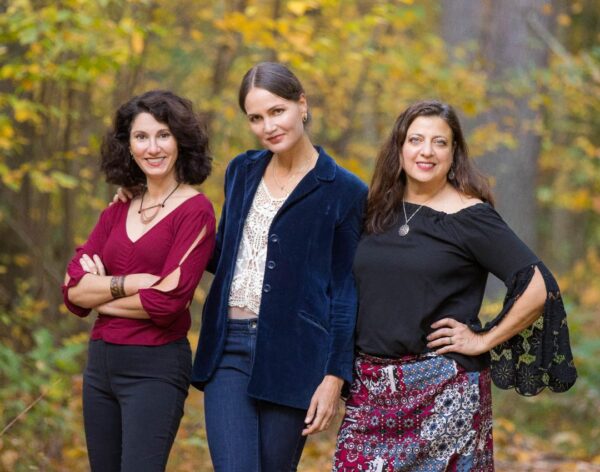BOSTON — The angelic voices of three singers —Teni Apelian, Anaïs Alexandra Tekerian and Yeraz Markarian — form Zulal, the award-winning a cappella group.
Zulal, which means “clear water,” has one foot in the now and another in Armenia’s historic folk melodies. While the songs they sing mark the trials and joys of old Armenian village life, they do so in esteemed venues as the Getty Museum, the Metropolitan Museum, the Smithsonian Folklife Festival, the Berklee College of Music, and the Kennedy Center.
In addition, Zulal has four critically acclaimed albums to its credit, the most recent “By the Shepherd’s Clock.” The album got a rave review from Recorded A Cappella Review Board. The liner notes include the histories of the songs and how the melodies were saved in Western Armenia.
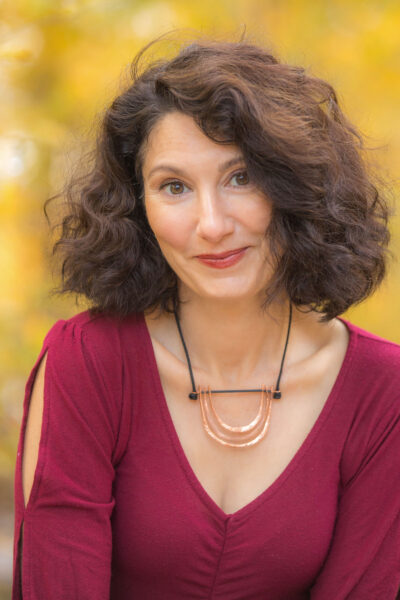
Apelian’s love for Armenian folk music has guided her musical explorations. Her love for the a cappella genre began at Carnegie Mellon where she sang in the school’s Jazz Choir and earned a master’s degree in arts management. A trip to Armenia in 2000 eventually led her to the members of Zulal. In addition to arranging, recording and performing with Zulal, she enjoys teaching Armenian folk music in the classroom setting. Zulal has brought life and breath to her foremost passion and she considers herself lucky to share the creative process with two friends who are now truly sisters.
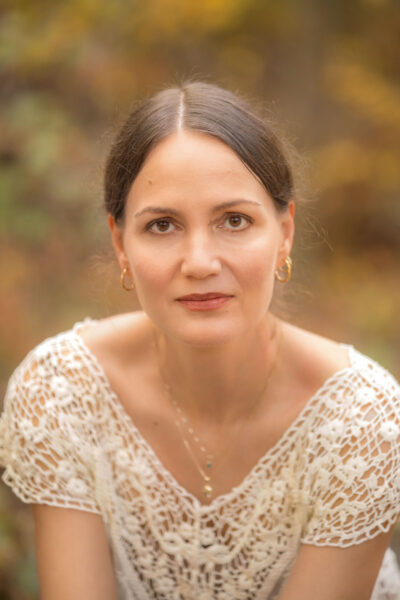
Tekerian, originally from San Francisco, discovered her joy of folk when she was a member and then director of the Yale Slavic chorus. A singer and writer now living in New York, she has created and performed several theater works for the stage, and has published essays and original songs. She also enjoys teaching piano. Celebrating her Armenian heritage through song with Zulal is a constant source of joy and inspiration.
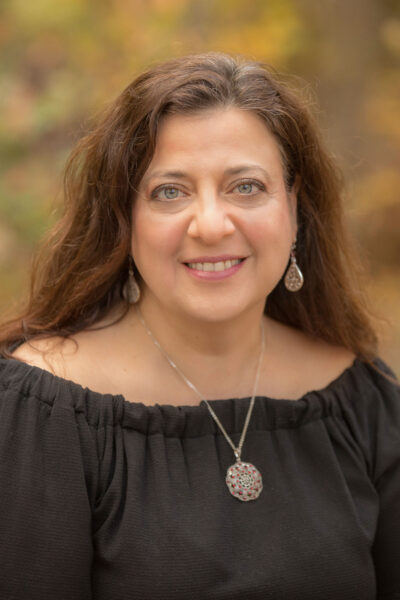
Markarian was first introduced to a cappella at Barnard College at Columbia University where she began singing as a “bass.” A native New Yorker, she has a background in marketing and a PhD in clinical psychology. Her passion for Armenian folk music began at an early age, when she performed with the Hamazkayin’s Armenian Children’s Choir of New York at Lincoln Center at the age of 6. She is proud to take part in discovering, arranging and protecting Armenian folk music, and is overjoyed that what began as an innocent conversation among friends has led to the creation and sisterhood that is Zulal.



